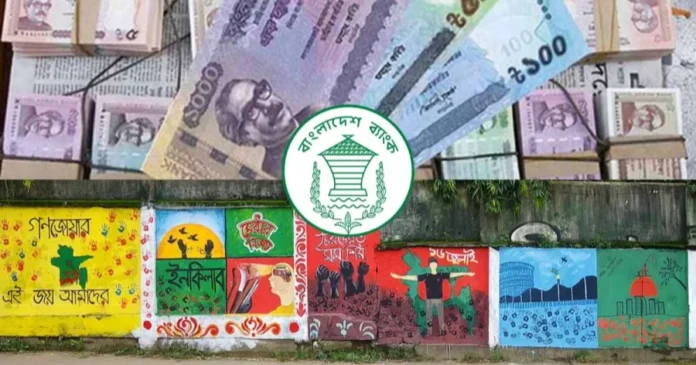India is a civilizational entity with a distinct identity and a global standing as a leader of the Global South. Adhering to the philosophy of Vasudhaiva Kutumbakam (the world is one family), it promotes cooperation, shared responsibility, and a vision for a harmonious future without resorting to dominance. India does not aspire to be subordinate or act as an affiliate to any other power. This firm stance does not sit well with the two rival forces in the Indo-Pacific region, who seek to impose Bangladesh as a lever against India.
India, however, has chosen a restrained and composed response to the political shifts in Bangladesh, including the departure of Prime Minister Sheikh Hasina and subsequent anti-India sentiments. Rather than reacting impulsively, India maintains a calculated silence in the face of provocations. The radical elements unleashed against India aim to unsettle its equilibrium. Nonetheless, India’s resilience and patience remain evident as it endures inflammatory rhetoric from extremist factions. The current unrest is expected to pass, paving the way for an impending economic crisis in Bangladesh.
India’s historical memory of events like the 1962 Sino-Indian War, China’s expansionist tendencies, and the United States’ pro-Pakistan inclinations serves as a caution. While India engages in trade and diplomacy with both nations, aligning itself exclusively with either is not a strategic choice. The Sino-American maneuvering may precipitate prolonged internal conflict in Bangladesh, with extremist factions deepening the nation’s troubles and heightening the plight of Hindu minorities. The U.S., known for creating crises without resolving them effectively, risks fueling instability that could spiral beyond control, harming even its own interests.
Under the leadership of Muhammad Yunus, the interim government in Bangladesh has strayed from its professed liberal values. Yunus, hailed for his Western education and Nobel laureate status, has capitulated to radical influences, enabling violence against minorities and fostering anti-India propaganda. The Hindu community in Bangladesh continues to face systemic discrimination, with overt acts of violence giving way to more insidious and persistent forms of persecution. Their religious freedoms are curtailed, evident in restrictions on celebrating Durga Puja freely.
Yunus has released known extremists like Jashimuddin Rahmani Hafi and lifted bans on controversial groups like Jamaat-e-Islami, aligning Bangladesh closer to its East Pakistan past. This regression serves the interests of Pakistan’s deep state and radical elements, eroding the vision of a progressive Bangladesh. For both China and the U.S., such developments pose a dilemma, as their attempts to exploit fundamentalism for strategic gains risk backfiring, creating a volatile and uncontrollable situation.
Yunus’ rise to power appears calculated to foment anti-India sentiment in the region. Policies targeting Hindu professionals, halting exports like Padma Hilsa to India, and fostering anti-Hindu narratives are part of a broader effort to undermine India’s interests. However, the rise of extremism may also provoke a counterforce. The Awami League, though currently leaderless, has the potential to regroup and challenge the dominance of radical factions. With its roots in the vision of Bangabandhu Sheikh Mujibur Rahman, the party could spearhead a political resurgence against fundamentalist ideologies.
The desecration of Bangabandhu’s legacy and the erosion of his ideals may eventually spark a revolutionary movement in Bangladesh, countering the growing influence of radical Islamism and paving the way for a reimagined, inclusive national identity.

